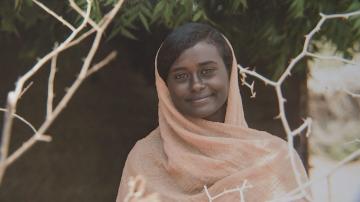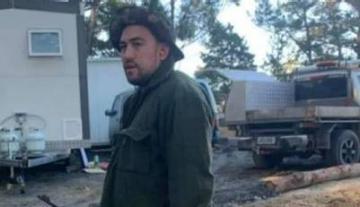
The major earthworks are finished and the pavement will soon be laid on a vital transport link between Manawatū and Hawke's Bay, scheduled to open in about a year.
It is seven years since the old State Highway 3 through the Manawatū Gorge closed due to slips, sending traffic instead to winding, narrow alternative routes.
The $620 million highway springing up in its place has changed the face of lower reaches of the Ruahine Range as it climbs over the hills and snakes through wind turbines between Ashhurst, on the Palmerston North side, and Woodville.
And while major earthworks are over, the new route remains a hive of activity as heavy machinery works the ground into a smooth surface ready for motorists.
The new SH3 - this section's called Te Ahu a Turanga - is 11.5 kilometres long. It is two lanes in each direction the whole way, with traffic separated by a wire-rope barrier, except on two bridges, where there are concrete dividers.
A shared walking and cycling pathway runs next to the road.
"We've finished the bulk earthworks. We've moved 6.5 million cubic metres of earth. That can fill up Eden Park over five times, so quite an impressive volume," project spokesman Grant Kauri said.
"We do have minor shaping and things like that, which will be ongoing until the main highway opens."

Kauri said it was estimated 8000-12,000 vehicles a day would use the new road - including many large trucks transporting freight.
The new route was originally slated to open later this year, but Covid pushed that out, although Kauri was not yet able to give an exact date.
But, mid-2025 was the target, so long as the weather behaved. And this summer it did, after a wet 2022-23, including Cyclone Gabrielle, where a rising Manawatū River caused damage.
Another target was the $620m budget.
"That's still our current budget, but with a project like ours [there's] Covid, but also escalation. That's hit the industry and we're not immune to those costs, so that's something that's under review at the moment."
The road was a sweeping construction with panoramic views across Manawatū to the coast, and over the Tararua District around and beyond Woodville. It required 110,000 tonnes of material for its top layer of asphalt and concrete alone.
"We're actually doing a few trials with our asphalt at the moment... making use of the good weather that we have available for us," Kauri said.

Problems plagued Transmission Gully and the Kāpiti Expressway when they opened in the Wellington region - both needing resurfacing work within months.
Kauri said that testing at Te Ahu a Turanga would ensure a suitable surface was found.
"We had a number of test trials that are being done, so all that work underpins that structural integrity of that pavement, to ensure were are building that resilient pavement."
At the Ashhurst end of the road - only about 15 minutes from Palmerston North - two 300-metre bridges will welcome motorists to the road, ahead of a steep climb.
Kauri said over a 3km stretch traffic would be faced with a gradient of 10 percent.
"It's quite comparable to Transmission Gully. [It] will be slightly steeper on the Ashhurst side, but on the Woodville side it will be around 8 percent, which is a slightly gentler grade than that."
The two bridges were among the last parts of the road to finish construction - one, a viaduct over a sensitive wetland will be done later this year, and the other, the Parahaki Bridge over the Manawatū River, a couple of months after.
Kauri said the challenges faced by the alliance building the road - made up of Waka Kotahi NZ Transport Agency and contractors - during the Covid-19 period was one of his proudest achievements, as was seeing the new route now as a recognisable roadway.
"I look at where construction was back in January 2021 when we started, to seeing a full alignment come to life and driving this alignment in construction. It's a bit of a pinch-myself moment."
Between 300 and 350 people were working on the site - about 2000 people had worked there in total. Kauri said they had put in more than 2 million hours.
The new road will take cars about 13 minutes to drive, about half the time it takes now.
RNZ


